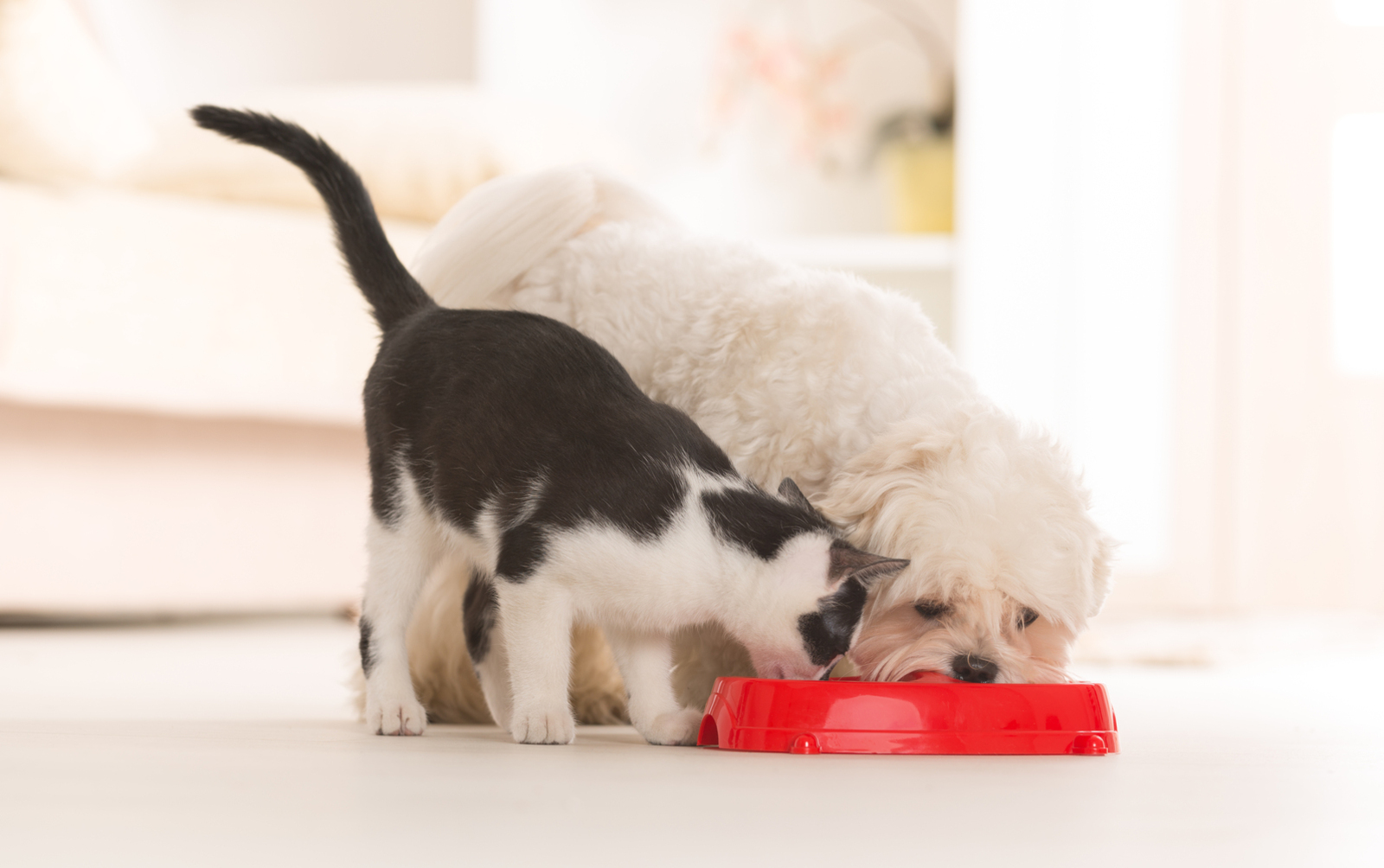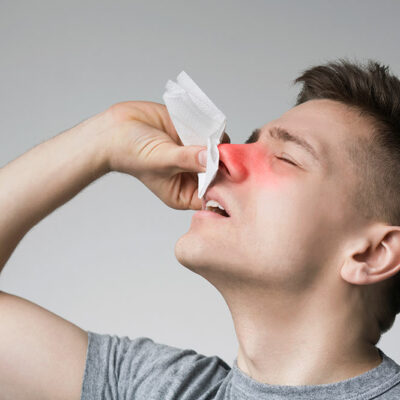
Human Foods That Are Toxic for Cats and Dogs
As a responsible pet owner, it is important to be aware of human foods that can make your pet sick or worse, be toxic for cats and dogs. Pets require specialized nutrition and digest foods differently than human bodies, which is why a diet rich in table scraps can lead to pet obesity, diabetes, arthritis, allergies, and in severe cases, seizures or organ failure. Read on for the most common human foods that are toxic for cats and dogs:
1. Caffeine or coffee
Humans know that caffeine is a stimulant, which is why we drink it to increase energy and alertness. However, it can be toxic to cats and dogs, even in small amounts. The stimulant affects the nervous system, heart, and muscles of animals and humans. However, the effects of caffeine are much more pronounced in dogs and cats. Just a few milligrams of this stimulant can cause an irregular heartbeat, restlessness, and tremors. Pets are often attracted to the smell of coffee and tea, so keeping these drinks out of reach is important.
2. Onions and garlic
Onions and garlic are members of the Allium family of plants, including chives, leeks, and shallots. While these vegetables are completely safe for humans to eat, they can be toxic for cats and dogs. Onions contain a substance called thiosulphate, which can cause red blood cells to break down in pets. This can lead to anemia, and it can be fatal in severe cases. Garlic also contains thiosulphate, but in smaller amounts. While it is not as dangerous as onions, garlic can still cause stomach upset and vomiting in pets. Onion or garlic toxicity symptoms also include lethargy, weakness, trouble breathing, and pale gums. Contact your veterinarian immediately if you suspect your pet has eaten onions or garlic.
3. Chocolate
This is a favorite treat for humans, but can be very dangerous for cats and dogs. Theobromine, a chemical found in both milk, dark, and white chocolate, is a cardiac stimulant and a diuretic. It triggers central nervous system stimulation, and large enough doses can cause serious health problems for cats and dogs. It takes very little theobromine to make your pet sick, and just a small amount of chocolate can contain a large amount of theobromine. Symptoms of theobromine poisoning include vomiting, diarrhea, increased heart rate, seizures, and death. This treat is especially dangerous for small dogs and puppies because they are more sensitive to the effects of theobromine.
4. Grapes and raisins
While the exact mechanism is unknown, grapes and raisins have been shown to cause kidney damage in cats and dogs. Grape or raisin toxicity symptoms include vomiting, diarrhea, lethargy, and loss of appetite. If your pet ingests grapes or raisins, it is important to seek veterinary care immediately, as this can be a life-threatening condition. Fortunately, many pets make a full recovery with prompt treatment.
5. Fruits with pits
The pits of peaches, plums, cherries, and apricots contain a compound called amygdalin, which breaks down into cyanide when digested. Cyanide is a highly toxic substance that can cause respiratory failure and death in cats and dogs. In addition, the pits of these fruits are often sharp and can cause choking hazards or severe damage to the digestive tract if swallowed. As such, it is best to keep pitted fruit away from pets. Unlike other fruits with pits, the pit, stem, and leaves of cherries contain cyanide, which is extremely toxic for cats and dogs. If your pet eats a cherry, they may experience difficulty breathing, panting, weakness, and collapse. Most pets will recover from cherry poisoning without lasting effects with prompt emergency veterinary treatment.
6. Foods sweetened with xylitol
Xylitol is a common sweetener in many sugar-free foods, including sugar free soda, gum, candy, and baked goods. While it is safe for humans to consume, xylitol is toxic to dogs and cats. Even small amounts of xylitol can cause hypoglycemia, or low blood sugar, in pets. Symptoms of xylitol poisoning include vomiting, lethargy, and seizures. In severe cases, xylitol poisoning can lead to liver failure and death. It is thus important to ensure such foods are out of reach of your pets.


